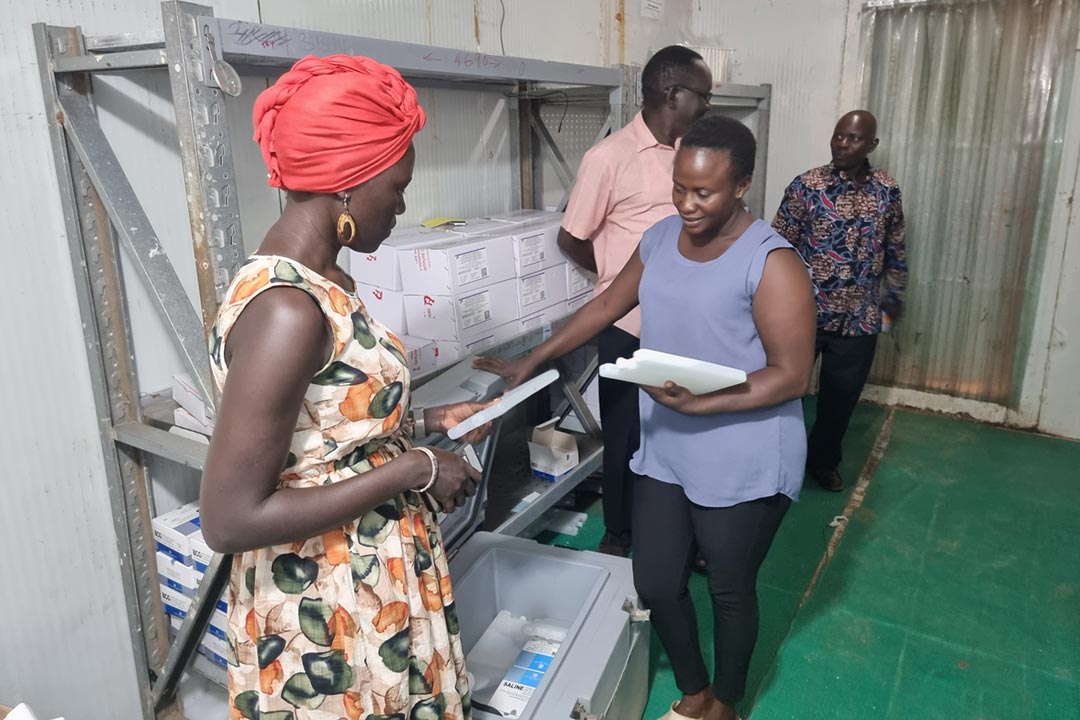Is the Western diet causing a spike in autoimmune diseases?
Autoimmune diseases are becoming more prevalent around the world. They come about when the body’s immune system has difficulty distinguishing healthy cells from unhealthy microorganisms. These diseases include type 1 diabetes, rheumatoid arthritis and multiple sclerosis. The global spread of Western diets is linked to higher levels of autoimmune disease.
- 24 January 2022
- 4 min read
- by World Economic Forum

Fancy a burger, a pizza, or maybe some fried chicken? Fast foods like these have become very popular around the world, but eating them regularly could be responsible for the global spike in cases of autoimmune diseases, scientists say.
Autoimmune conditions are those where the body’s immune system confuses healthy cells with unwelcome micro-organic intruders. They include type 1 diabetes, rheumatoid arthritis and multiple sclerosis.
These conditions are becoming more prevalent, particularly in regions such as the Middle East and East Asia, where case numbers were previously very low, autoimmune expert James Lee of London’s Francis Crick Institute told The Observer.
The culprit is Western fast foods, which have gained in popularity and spread around the globe, according to Lee and fellow researcher Carola Vinuesa.
“Fast food diets lack certain important ingredients, such as fibre, and evidence suggests this alteration affects a person’s microbiome – the collection of microorganisms that we have in our gut and which play a key role in controlling various bodily functions,” Vinuesa told The Observer.
This research team may have revolutionized the way the human gut microbiome is studied https://t.co/C1MBkW07Z0 #Health #BioTech pic.twitter.com/XOCJrleB7X
— World Economic Forum (@wef) August 13, 2020
Rising case numbers
Tens of millions of people develop autoimmune diseases in the US alone, and the number of cases has been increasing in recent decades.
Have you read?
A study led by Frederick Miller from the US National Institute of Environmental Health Sciences analyzed levels of antinuclear antibodies – biomarkers for autoimmune disease – in the blood serum of more than 14,000 people over a 25-year period. It also correlated this data to variables such as sex, age, ethnicity, weight, smoking history and alcohol consumption.
The results found that concentrations of antinuclear antibodies increased from 11% in early samples in the late 1980s and early 1990s to almost 16% in the final ones in the 2010s.
In the UK, almost 7% of the population have at least one autoimmune disease, meaning around 4 million people are affected, according to National Voices, a leading coalition of health and social care charities in England.

Image: Statista
Most autoimmune diseases can’t be cured, but many of them can be managed. However, the cost is high. The rise in case numbers means there was a more than fourfold increase in global spending on treating autoimmune conditions in 2011-20. The total hit $107 billion in 2020, and it is forecast to climb even further, to $140 billion by the end of 2022.
Finding the cause
Research is ongoing as to what causes these conditions, but a key question is why some people are more prone to contracting autoimmune conditions.
As well as diet, many variable factors are thought to play a role. Genes are important, although researchers are still trying to explain why some genetic variants create bigger risk factors.

Image: Nature
Gender is also significant, as autoimmune diseases are three times more likely to affect women than men, although research is yet to uncover the reason for this. As the chart above shows, some conditions are 16 times more common in women.
There is still a lot to do before the scientific community isolates the causes and effects of different autoimmune diseases.
And while there’s no quick fix to slow the spread of fast food culture, greater awareness of the link between diet and autoimmune diseases can’t be a bad place to start.
Author
Johnny Wood
Writer, Formative Content
Website
This article was originally published by the World Economic Forum 24 January 2022.
More from World Economic Forum
Recommended for you








